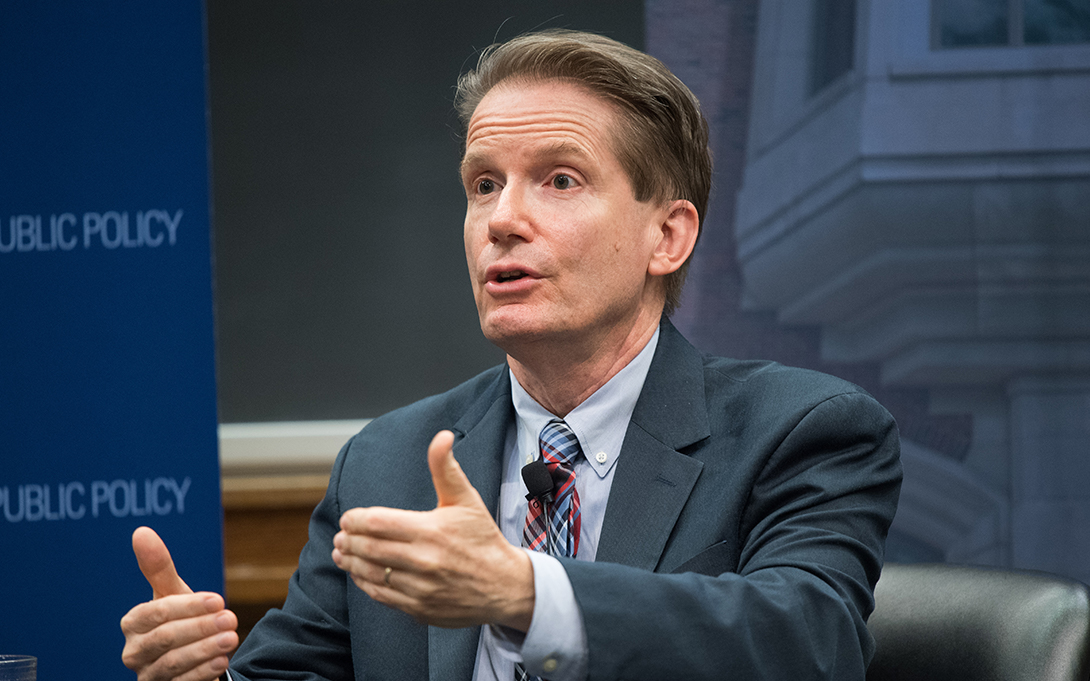
General Motors announced Thursday, January 28, that it would eliminate gasoline and diesel powered engines in their passenger cars, vans, and SUVs by 2035. They also pledged to make their factories carbon neutral by 2040.
In an interview with the Washington post, Barry Rabe commented on the gravity of GM’s decision, saying, “This is a very significant pivot … especially for such an iconic American institution.”
Rabe also highlighted the importance of the decision as it relates to southeastern Michigan, where “the central part of life has been the performance of the internal-combustion engine.” In an interview with The Detroit News, Rabe said that he believes that this is a “huge step” in an evolving automotive industry, both in Detroit and across the globe.
Rabe also discussed the implications of GM’s decision as it relates to larger trends in the automotive industry: “Is this the beginning of a larger transition that could actually accelerate the whole policy shift toward electric vehicles?” Rabe posited that “major industries have to kind of look to the future and anticipate it,” adding that automakers don’t want “to be the last one standing with the possibility that you’re just producing nostalgic vehicles that are being regulated or priced out of existence.”
He cautioned that, “It will be incumbent on these auto manufacturers to really sell the transition… not just with glitzy advertising and sales pitches but delivering on quality of the driving and of the experience.”
While time will tell whether GM’s ambitious goals will come to fruition, Rabe emphasized that “this is more than just a quick flip of the dial… it’s a very wrenching transition.”
And to E&E News, he said, ""First of all, wow!"
See the full articles below:
- E&E News - GM's all-EV plan could shake the energy industry
- The Washington Post - General Motors to eliminate gasoline and diesel light-duty cars and SUVs by 2035
- The Detroit News - GM's bet on carbon neutrality rides green wave in Washington
